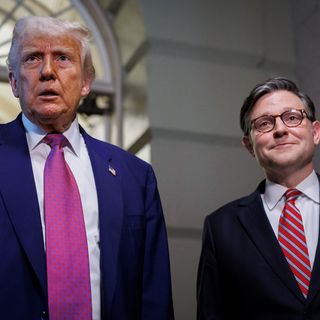Trump administration finds Columbia violated Jewish students' civil rights
Columbia University violated federal civil-rights law by "acting with deliberate indifference towards student-on-student harassment of Jewish students" from Oct. 7, 2023, through the present, a Trump administration investigation found Thursday.
The big picture: The college was last year an epicenter for students protesting the Israel-Hamas war and the Trump administration announced in March it was pulling some $400 million in federal grants and contracts over its dissatisfaction at Columbia's response to antisemitism allegations.
- "We understand this finding is part of our ongoing discussions with the government," a Columbia spokesperson said in an emailed statement.
- "Columbia is deeply committed to combatting antisemitism and all forms of harassment and discrimination on our campus. We take these issues seriously and will work with the Department of Health and Human Services and the Department of Education to address them."
Details: An investigation found that Columbia violated Title VI of the Civil Rights Act of 1964, which protects against discrimination on the basis of race, color, or national origin, per Thursday statement from the Department of Health and Human Services' civil-rights office.
- Among the findings were that Columbia allegedly failed to "investigate or punish vandalism in its classrooms, which include the repeated drawing of swastikas and other universally recognized hate images."
- No fresh action against Columbia was announced following the investigation findings.
What they're saying: "The findings carefully document the hostile environment Jewish students at Columbia University have had to endure for over 19 months, disrupting their education, safety, and well-being," said Anthony Archeval, Acting Director of the Office for Civil Rights at HHS, in a statement.
- "We encourage Columbia University to work with us to come to an agreement that reflects meaningful changes that will truly protect Jewish students."
Zoom out: The Trump administration has targeted educational institutions, pressuring universities to meet its demands or risk losing funding and tax-exempt status, Axios' Sareen Habeshian notes.
Go deeper: Trump admin nixes Harvard's ability to enroll international students




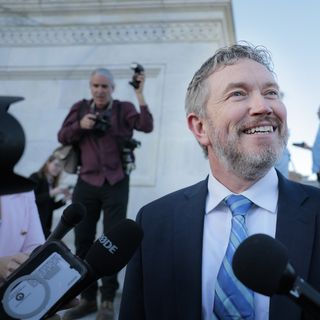

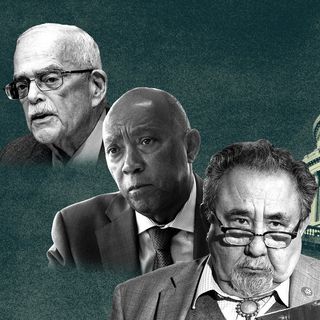

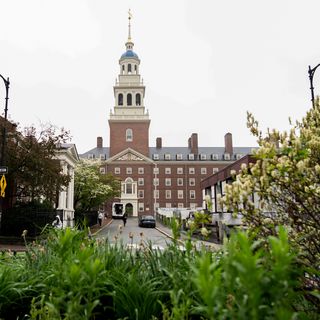

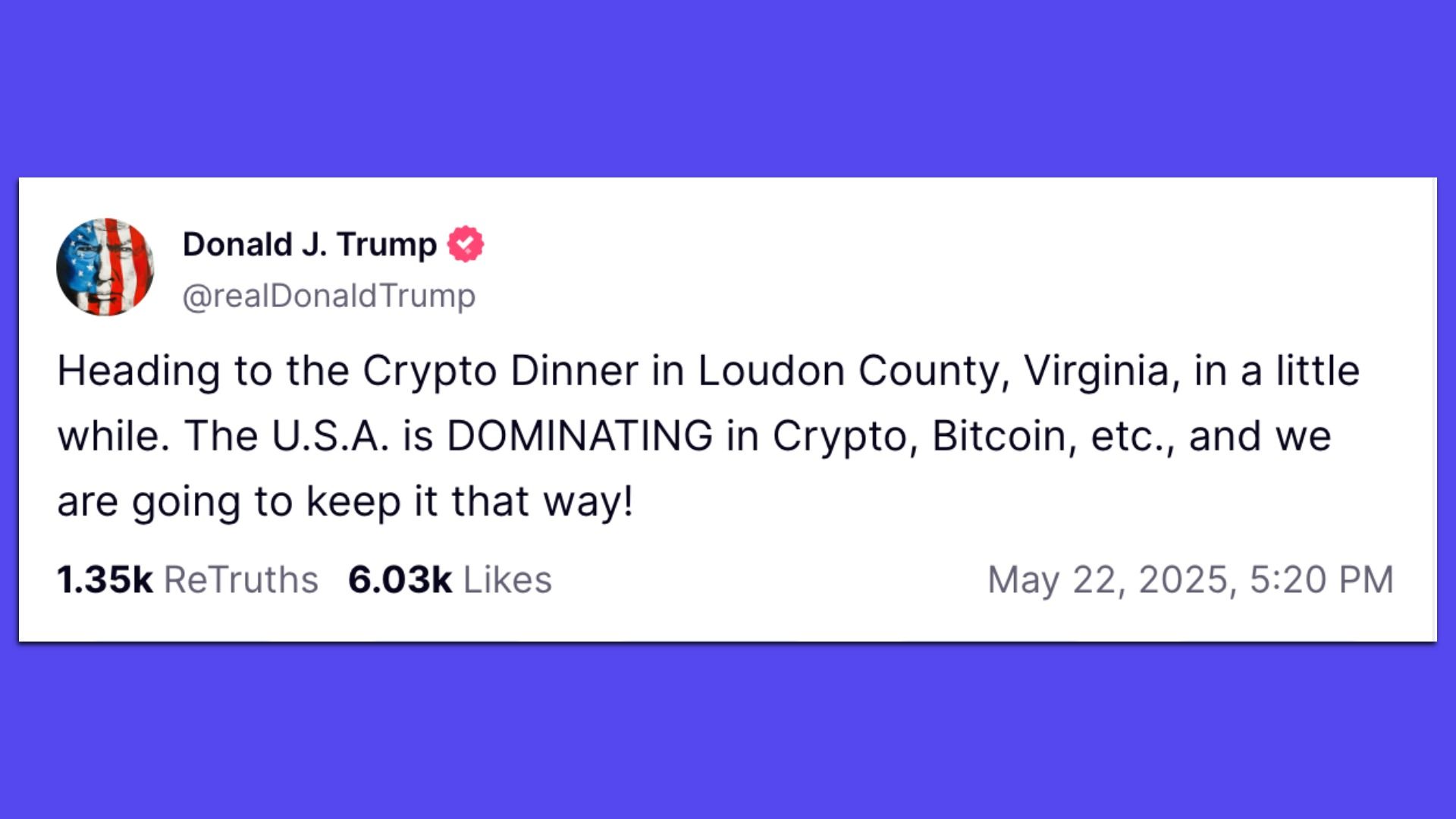
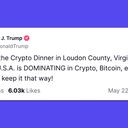




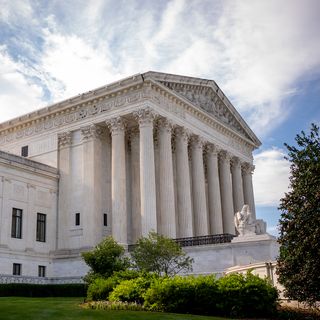

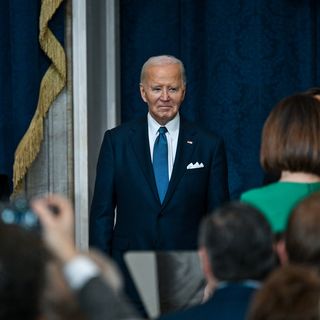

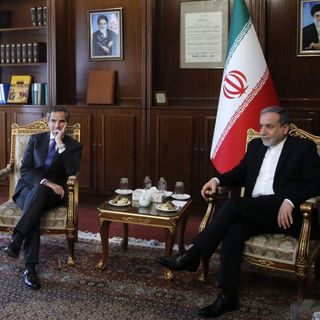

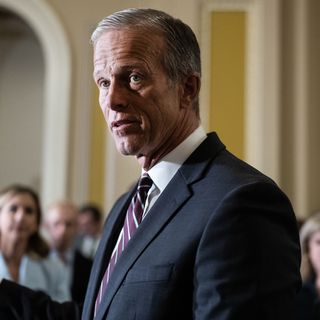

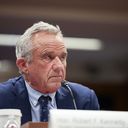










/2025/05/21/1747871616490.gif)
